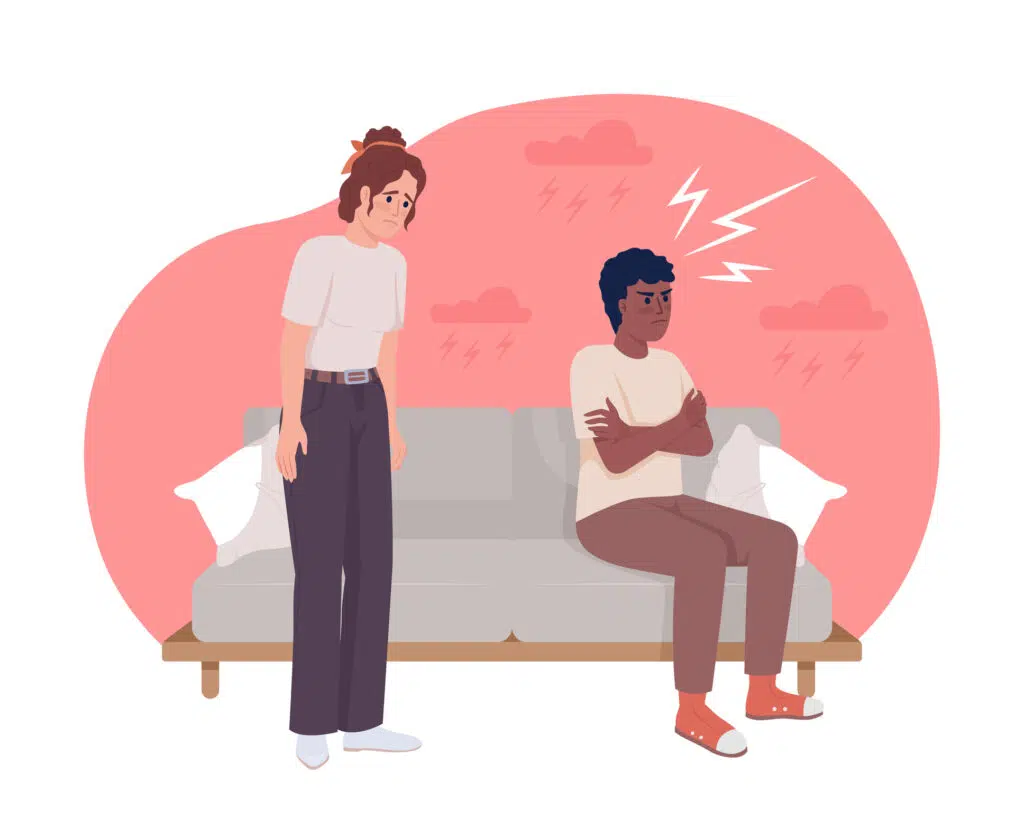How to Manage Your Stress So It Doesn’t Take a Toll on Your Health

Stress is a natural and even healthy human response. However, too much stress can have an adverse reaction on your existing and long-term health.
For this reason, the skilled psychologists at Thriving Center of Psychology offer services centered on helping you identify stress in your life, so you can manage it more efficiently. Our providers can address the many underlying causes of stress and work with you on a plan to prevent it from taking over your life and health.
Good stress and bad stress
Believe it or not, there are benefits to good stress. When you’re under some pressure, it can strengthen the neural connections in your brain to boost your cognitive function. Stress can also keep you motivated toward achieving goals.
Interestingly, low doses of the stress hormone cortisol can also reduce your risk for developing colds and infections. When you have a bit of stress, your immune system gets stronger to keep you healthy.
However, if you’re under constant stress, the negatives can outweigh the positives. Too much stress can interfere with all aspects of your life and health. Common signs that the stress you’re under is too much might include:
- Insomnia
- Mood swings
- Chronic fatigue
- Upset stomach
- Frequent headaches
- Appetite changes
- Difficulty concentrating
- Unexplained weight changes
Ongoing stress can confuse your body at every level and increase your risk for developing chronic diseases, such as high blood pressure, heart disease, and diabetes. You might also develop mental health issues, such as anxiety and depression.
If you’re experiencing symptoms of chronic stress or finding yourself drinking more than usual or misusing medications, don’t delay in scheduling a consultation with our team at Thriving Center of Psychology.
Treating stress
Our team works closely with you to design a treatment plan that’s suited to your needs. Depending on the source of your stress and its severity, our psychologists might recommend a combination of treatments, such as:
- Psychotherapy (talk therapy)
- Cognitive behavioral therapy (CBT)
- Neurofeedback training
- Couples therapy
You can also expect to make lifestyle changes that support your stress management plan. Getting more exercise, eating a healthy diet, and adopting mindful practices, such as deep breathing, may also help you manage your stress.
Why therapy is important if you’re overstressed
Talk therapy is especially beneficial for those who are under constant stress. Our therapists can help you identify the triggers of your stress and give you the resources you need to move them out of your life.
Many people who are under stress aren’t able to see the whole picture regarding where the stress is coming from and the impact it’s having on their life.
Working with your therapists can give you insight into your stressors, so you can identify them and do something about them. Our providers can also help you manage any mental health side effects, such as anxiety and depression, at the same time.
While you shouldn’t expect your life to change overnight, the right treatment plan can put you on the right path to long-term stress management. We also offer life coaching services to help you find your way to a less stressful life.
To get started, book an appointment online or over the phone with Thriving Center of Psychology today.

How to Move On After a Friendship Breakup
Friendship breakups can sting just as much as a romantic breakup. After all, you’re experiencing a loss of shared history and an understanding of each other that can leave you feeling lonely and isolated. Not all friendships are forever, but moving on from the loss of a friendship does take time and some self-compassion.

Signs You’re in a Toxic Relationship
A toxic relationship can chip away at your well-being and happiness. Toxic partners can be manipulative and charming, making it difficult to recognize the signs that you’re in a toxic relationship. You deserve to be in a supportive and healthy relationship.

10 Common Marriage Reconciliation Mistakes to Avoid After Infidelity
Infidelity can leave couples devastated. If you’ve been affected by infidelity and want to salvage your relationship, rebuild trust, or make a tough decision, keep reading for 10 common reconciliation mistakes to avoid after infidelity.

Survey: 72% of Americans are Stressing About the Upcoming Presidential Election
Political viewpoints in the U.S. have always been contentious, but is the impact of politics in the United States making it difficult for people to live their everyday lives? With some anticipating another brutal and long campaign season ahead of the upcoming 2024 presidential election, nearly half of Americans say politics is negatively impacting their mental health.




